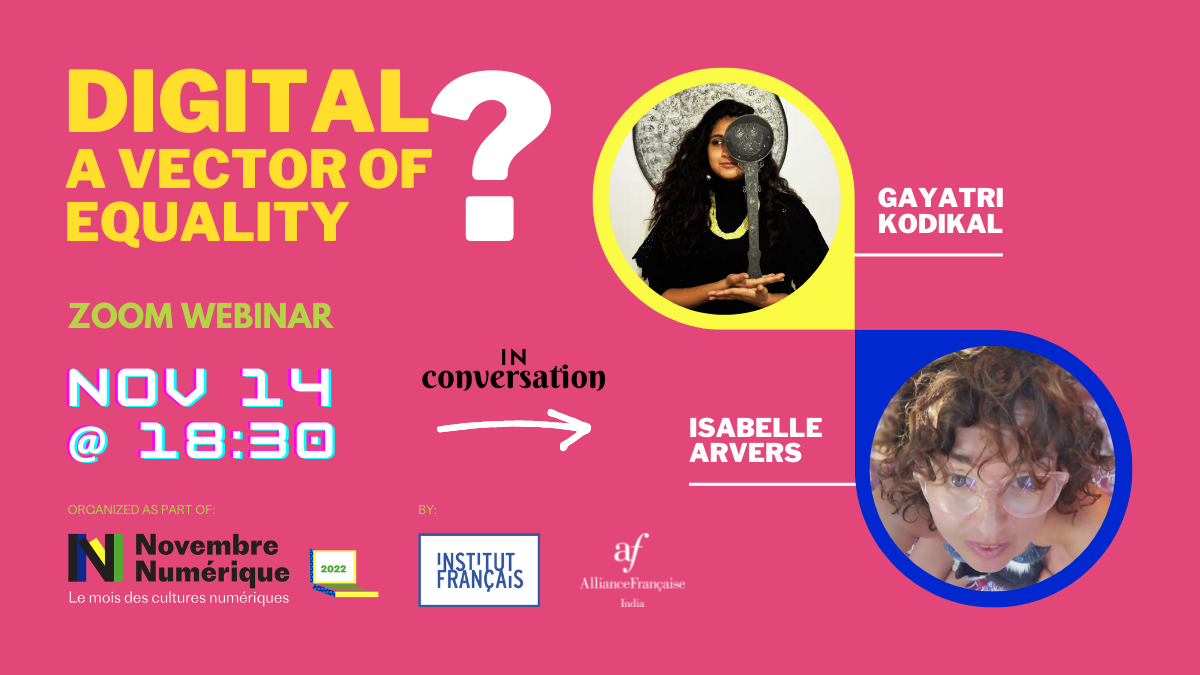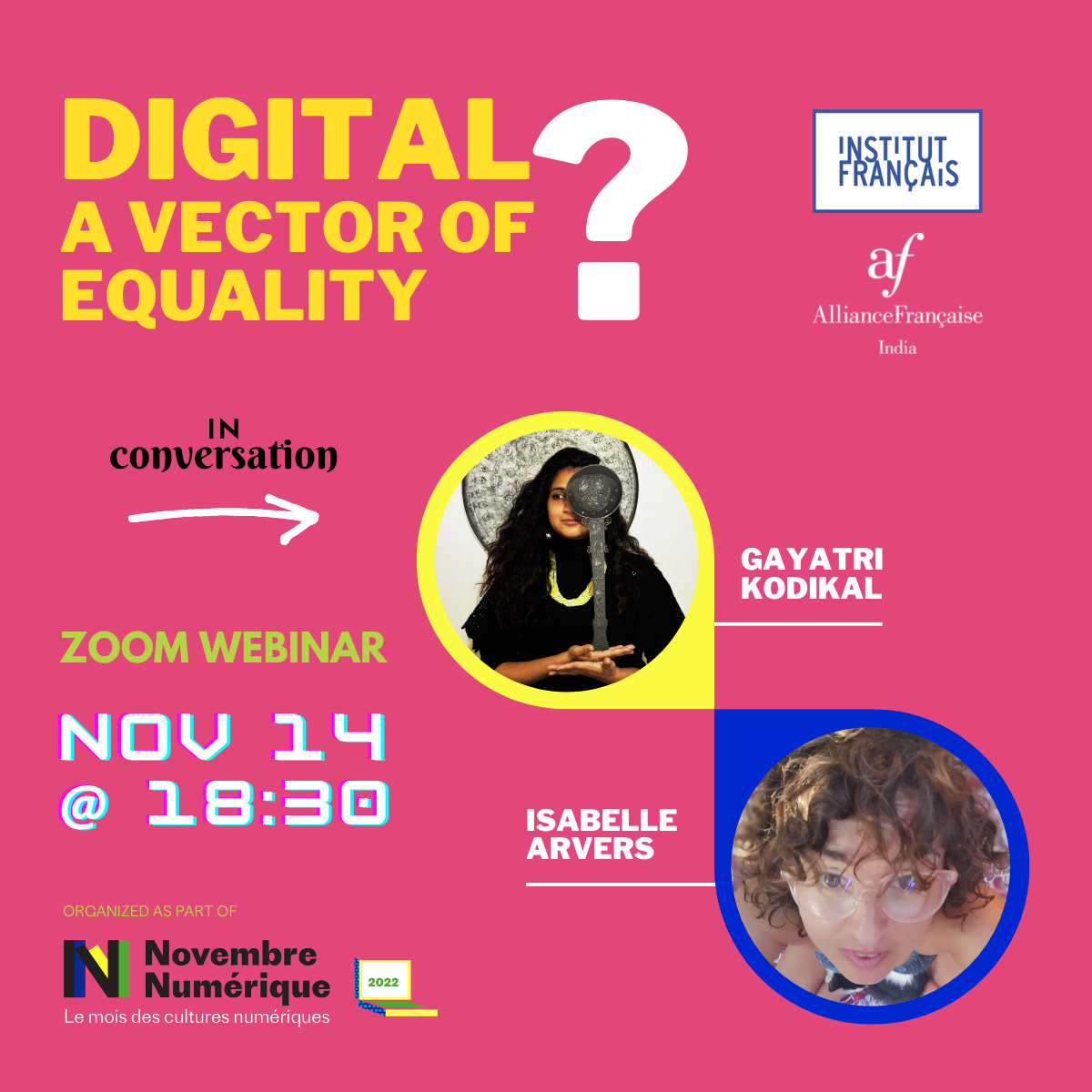Isabelle Arvers, PHD Candidate, LARSyS, Interactive Technologies Institute (ITI), FBAUL, is a French artist and curator whose research focuses on the interaction between art and video games. For the past twenty years, she has been investigating the artistic, ethical, and critical implications of digital gaming.
Her work explores the creative potential of hacking video games through machinima. As a curator, she focuses on video games as a new language for artists. She curated several shows and festivals around the world, including Jibambe na Tec (Nairobi, AF, 2020), Tecnofeminismo (Bogota, AF, 2019), Art Games World Tour exhibit (Buenos Aires, 2019), Interspecies Imaginaries (Overkill, 2019), Machinima in Mash Up (Vancouver Art Gallery, 2016), UCLA Gamelab Festival (Hammer Museum, Los Angeles 2015, 2017), Evolution of Gaming (Vancouver, 2014), Game Heroes (Alcazar, Marseille, 2011), Playing Real (Gamerz, 2007), Mind Control (Banana RAM Ancona, Italy, 2004), Node Runner (Paris, 2004) Playtime (Villette Numérique, 2002) .
From 2013 to 2016, she worked on art and research projects and curated and produced six antiAtlas of Borders exhibitions around the mutations of the borders in the 21st century, including The Art of Bordering at MAXXI in Roma and Coding and decoding borders in Brussels. She was also in charge of the End of the Map exhibition in the fall 2015 in Paris about alternative, subversive and emotional cartography.
As a tribute to Nathalie Magnan, her association Kareron produced in 2018 TRANS//BORDER, Nathalie Magnan’s teachings, a series of events about ecosexuality, cyber feminism, alternative media and situated knowledge. Kareron is actually producing UKI a Sci-fi Alt reality cinema by Shu Lea Cheang.
In 2019, she embarked on an Art and Games World Tour in non western countries to promote the notion of diversity of gender, sexuality and geographic origin, focusing on queer, feminist, and decolonial practices. In 2020, Arvers started a PHD on Art & Games decolonization.



